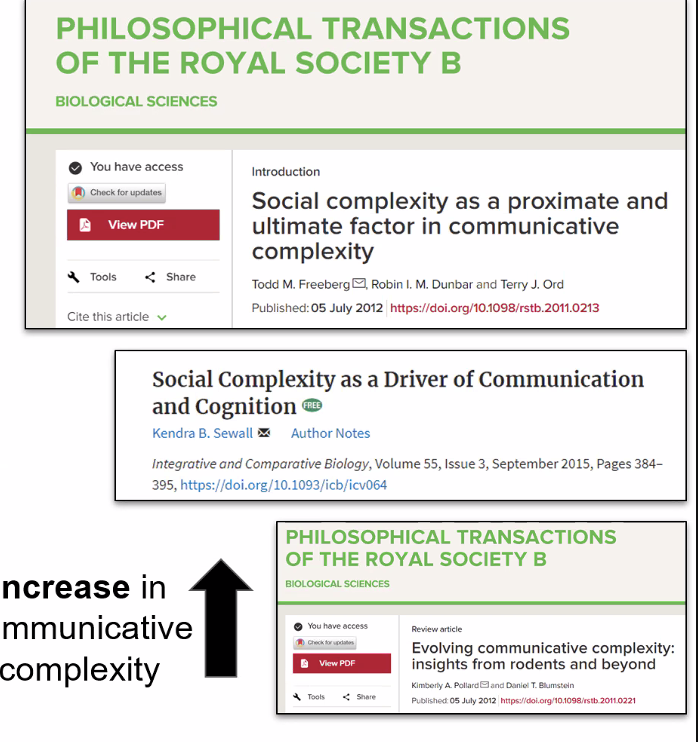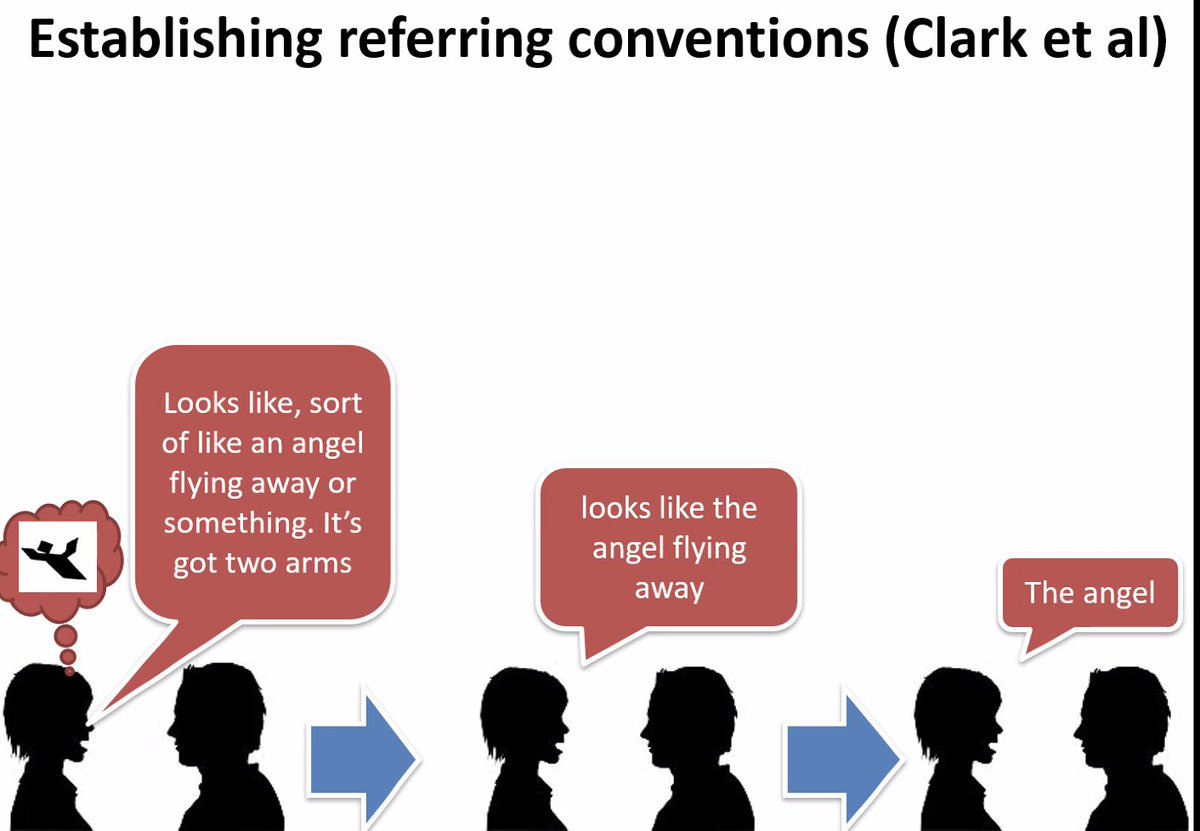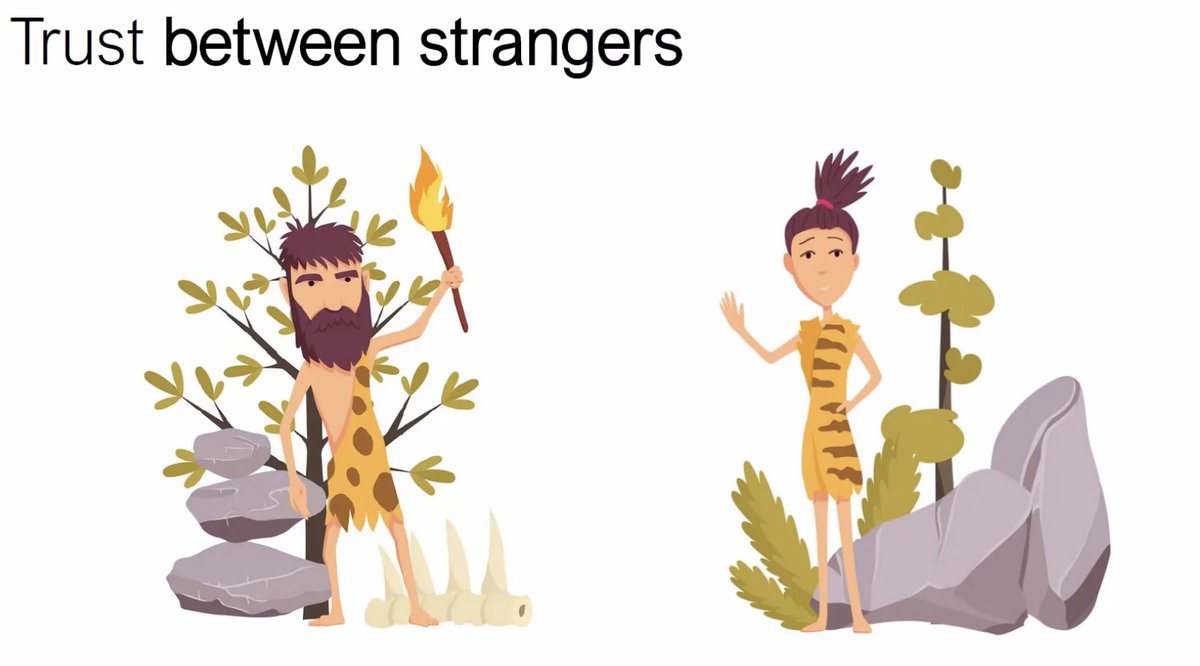
@MichelDeGraff from @MITHaiti challenging prejudice about creole languages in his plenary at #Protolang7 

Lang evo literature itself says we shouldn't mix up ontogenetic and phylogenetic evidence, and YET it appears often as a given to use pidgins and creoles as windows into the past. They are often treated similar to emerging sign languages. However, the conditions are not the same. 





See this paper by DeGraff arguing against Creole Exceptionalism (that is still widely held in linguistics) for more details: cambridge.org/core/journals/…
It falls into a history of keeping marginalized groups at the bottom of hierarchies with origins in anti-black colonial linguistics. Creole's have been cited as 'broken', 'primitive' or 'easier to process for those with less mental capacity'.
The claim that creoles emerge from pidgins are propagated in most linguistics textbooks. However, many creoles don't fit the prototypes. And some languages that fit the prototypes aren't considered creoles. 



However, claims abt creoles have direct consequences for the lives of their speakers, such as that they are 'difficult to use for education' due its 'limitations'. The danger is that linguistic claims converge with policy makers in power. Even DeGraff as 



But what's the empirical evidence for the pidgin-creole life cycle as a special phenomon? DeGraff: There is none. Creole formation is very similar to say how latin gave raise to the Romance langs (see Mufwene 2007; Aboh & DeGraff 2017). "A creole lang is a normal human lang". 



So why do we keep up the myth if the data doesn't support it? The roots lie in colonization & slavery. "Lesser languages had to fit lesser humans". The original view of family trees is partly rooted in racialist ideas about hierarchies. 





It took centuries until Haiti accepted Haitian Creole as a national language, and even so it is still being oppressed, and French hegemony (e.g., in education) is still strong in the 21st century/ Most students have to learn IN French even though it's not their L1. 



So what can linguistics do in the wake of #BlackLivesMatter? @MITHaiti are trying to support Creole as active language for learning and education including a platform for crowd-sourcing open-source learning materials in Creole MIT-ayiti.net
At the same time linguistics has to tackle its past and engage with the racist aspects of its history and at the same time eliminate the 'race gap' that makes the field less attractive to scholars of colour. We need to take direct action! 

• • •
Missing some Tweet in this thread? You can try to
force a refresh





















